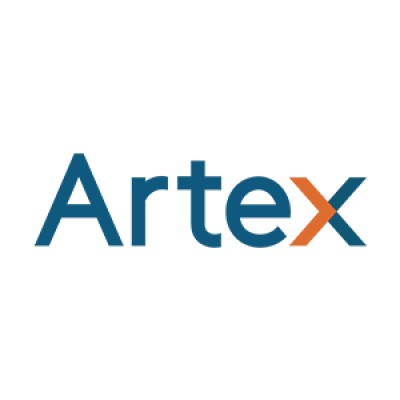
Enterprise Architect
ePATHUSA, Inc.
Posted: 111 days agoNode.js

Returned Goods Credit Specialist
CONMED Corporation
Posted: 1 day agoERP

Audit Manager – M&D, Technology
Elliott Davis
Posted: 1 day ago
IT Manager III – Digital Technical Delivery Manager
Western Alliance Bank
Posted: 1 day agoITSM

Public Benefit Specialist
Ensemble Health Partners
Posted: 1 day ago
IT Support User Specialist I
Artex Risk Solutions
Posted: 1 day agoSelect a job to see details.